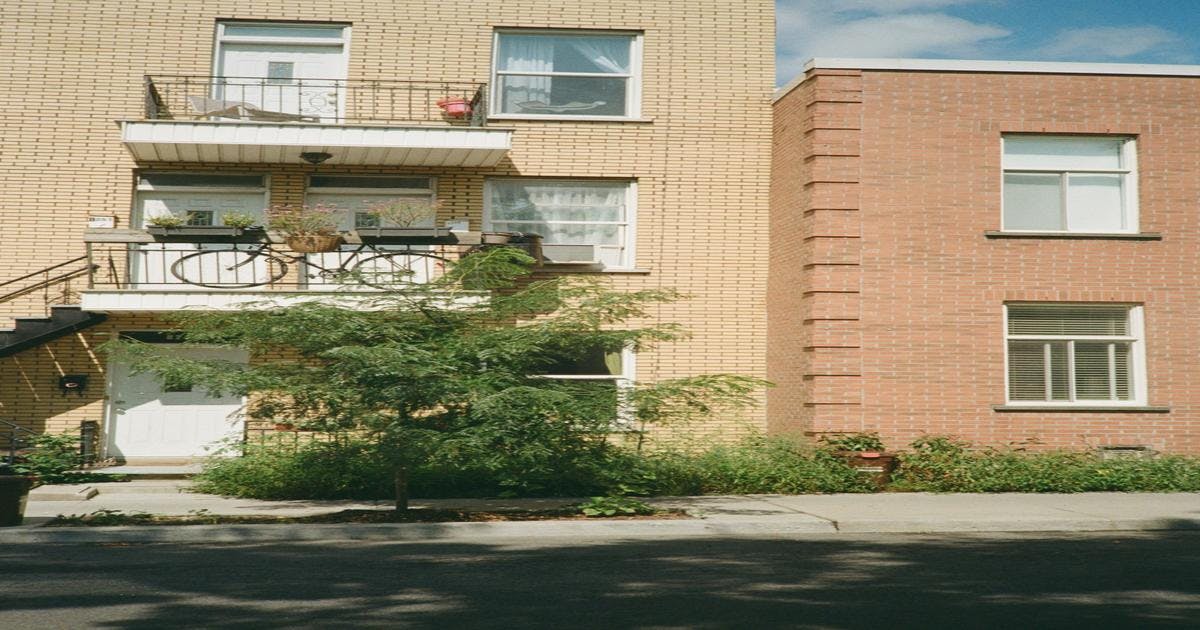
Landlord Compliance in 2025

Summary
In 2025, Irish landlords must comply with RTB registration, pay LPT, and declare rental income to Revenue.
Being a landlord in Ireland in 2025 comes with significant responsibilities. It’s no longer just about collecting rent - landlords face an increasingly complex set of compliance obligations, spanning the Residential Tenancies Board (RTB), Local Property Tax (LPT), and the Revenue Commissioners.
Failure to comply can result in financial penalties, loss of valuable tax reliefs, and even Revenue audits. In this guide, we’ll walk through everything Irish landlords need to know about staying compliant in 2025, and explain how Irish Tax Hub can help you meet your obligations while maximising your tax savings.
🔑 Why Compliance Matters More in 2025
- Revenue audits on the rise: Revenue now shares data with the RTB and banks, meaning undeclared rental income is easier than ever to detect.
- Penalties are tougher: Non-compliance with RTB or LPT obligations can result in fines, interest charges, and disqualification from mortgage interest relief.
- Reliefs depend on compliance: Key landlord reliefs (like 100% mortgage interest deduction) are only available if your property is fully compliant with the RTB.
In short - compliance isn’t optional, it’s essential.
🏠 RTB (Residential Tenancies Board) Obligations
Every landlord in Ireland must comply with RTB requirements, which include:
1. Registering Tenancies
- All new and existing tenancies must be registered with the RTB.
- Annual registration fee applies (currently €40 for private tenancies).
- Failing to register means you lose entitlement to mortgage interest tax relief and you risk fines and penalties from the RTB.
2. Maintaining Proper Records
- Lease agreements, tenant details, rent records, and maintenance logs must be retained.
- These records are essential if disputes arise.
3. Compliance with Rent Pressure Zones (RPZs)
- In RPZs, rent increases are capped by formula.
- Landlords must issue rent review notices correctly and retain documentation.
4. Dispute Resolution
- The RTB acts as mediator in landlord-tenant disputes.
- Failure to follow RTB processes can result in legal and financial consequences.
🏘️ LPT (Local Property Tax) Obligations
Landlords must pay Local Property Tax (LPT) annually on rental properties.
1. Annual LPT Return & Payment
- LPT is based on the market value of the property.
- Returns must be filed and paid through Revenue’s MyAccount or ROS.
2. Deductibility for Landlords
- The good news: LPT is a deductible expense against rental income.
- Many landlords forget to claim this - effectively leaving money on the table.
3. Penalties for Non-Payment
- Unpaid LPT leads to surcharges on income tax returns, interest, and enforcement actions.
- Non-compliance is visible to Revenue, affecting your overall tax compliance record.
💰 Revenue Obligations
Your obligations to the Revenue Commissioners as a landlord include:
1. Declare All Rental Income
- Rental income must be reported annually on your Income Tax Return (Form 11).
- Includes income from residential, commercial, foreign, and short-term (Airbnb) lets.
- Revenue cross-checks with RTB, banks, and airbnb - undeclared income is easily caught.
2. Claim Allowable Deductions
Landlords can deduct a wide range of expenses, including:
- Mortgage interest (if RTB registered).
- Repairs & maintenance.
- Insurance premiums.
- LPT.
- Management fees and letting costs.
- Capital allowances on furniture and appliances.
Correctly claiming these deductions is the difference between paying tax on your gross rental income versus your net profit.
3. USC and PRSI on Rental Income
- Rental income is subject not only to income tax (20% or 40%), but also to USC (up to 8%) and PRSI (4%).
- This can push your effective tax rate on rental income above 50% if not planned properly.
4. CGT (Capital Gains Tax) on Disposal
- If you sell a rental property, any gain is taxed at 33%.
- Reliefs may apply (PPR, Entrepreneur Relief, Retirement Relief).
Use our Tax on Rental Income Calculator to estimate your tax liability as a non-resident landlord or check out our other tools here.
Tax on Rental Income Calculator
For Irish tax residents, your rental profit is added to your employment income to determine effective tax rate on rental profit. For non-residents, Irish rental income is assumed to be your only taxable income in Ireland.
Rental Properties
Employment Income & Details
Active credits: Personal, PAYE
This is an estimate of the position based on the information inputted. All figures rounded to the nearest Euro. Other factors can also influence an individual’s tax position, it is recommended that personal tax advice be sought. The impact of some budget changes are not relevant to the tax position. No responsibility is taken by Irish Tax Hub for any loss, however occasioned, to any person by reliance on this calculator.
Tax on Rental Income Calculator
For Irish tax residents, your rental profit is added to your employment income to determine effective tax rate on rental profit. For non-residents, Irish rental income is assumed to be your only taxable income in Ireland.
Rental Properties
Employment Income & Details
Active credits: Personal, PAYE
This is an estimate of the position based on the information inputted. All figures rounded to the nearest Euro. Other factors can also influence an individual’s tax position, it is recommended that personal tax advice be sought. The impact of some budget changes are not relevant to the tax position. No responsibility is taken by Irish Tax Hub for any loss, however occasioned, to any person by reliance on this calculator.
📊 Example: Landlord Compliance in Practice
- Landlord with 2 properties in Dublin.
- Registers both tenancies annually with the RTB.
- Pays LPT on each and deducts it against rental income.
- Declares €36,000 in rental income.
- Deductible expenses: €15,000 (mortgage interest, repairs, insurance, LPT, management fees).
- Net taxable rental income = €21,000.
By staying compliant, the landlord not only avoids penalties but also saves thousands by claiming every deduction available.
⚠️ Risks of Non-Compliance
- RTB penalties: Failure to register can result in fines of up to €4,000 and court prosecution.
- Loss of reliefs: Mortgage interest deduction denied if RTB obligations not met.
- Revenue surcharges: Non-payment of LPT adds surcharges to income tax returns.
- Revenue audit: Non-declaration of rental income can result in penalties up to 100% of the underpaid tax, plus interest.
💡 How Irish Tax Hub Helps Landlords
At Irish Tax Hub, we specialise in keeping landlords compliant and tax-efficient. We:
- Prepare and file Revenue returns with all allowable deductions.
- Advise on CGT and succession planning for landlords with multiple properties.
- Provide audit-proof records so you’re always covered with Revenue.
⚡ Don’t risk penalties or overpaying tax - contact Irish Tax Hub today to keep your rental business compliant and profitable in 2025.
Need help reporting your rental income to Revenue?
Contact Damien today and he’ll take care of everything for you.
This blog post is for informational purposes only and does not constitute tax, financial, or legal advice. Tax laws and regulations are subject to change and may vary based on individual circumstances. Readers are strongly encouraged to consult with a qualified tax professional or financial advisor before making decisions based on the information provided. We make no guarantee regarding the accuracy, completeness, or applicability of this content to your particular tax situation.
Found this article helpful? Share it with others
Related Posts

Mortgage Interest Relief in Ireland

Mortgage Interest Relief is back - here’s who qualifies, how much you can claim, and how to apply in Ireland.

Pre-Letting Expenses in Ireland: What Can Landlords Claim Back?

Learn how Irish landlords can claim up to €10,000 in pre-letting expenses for vacant properties.